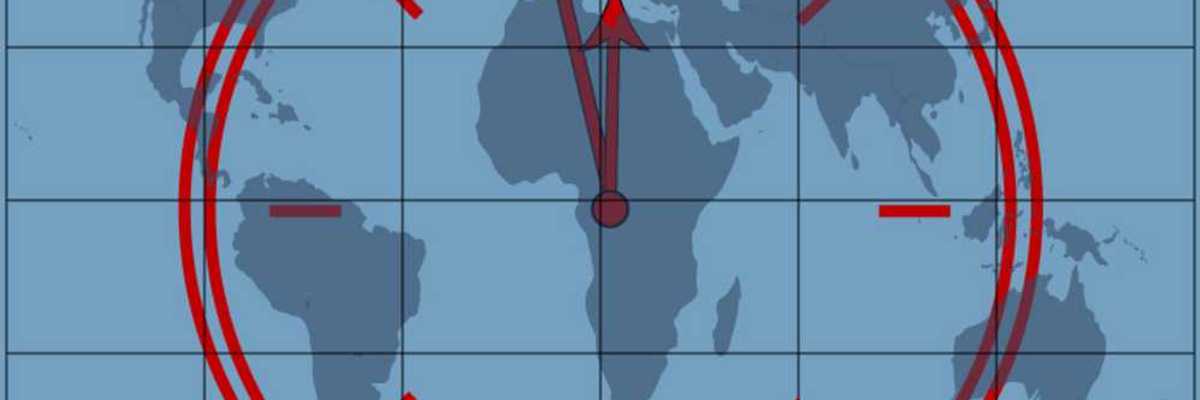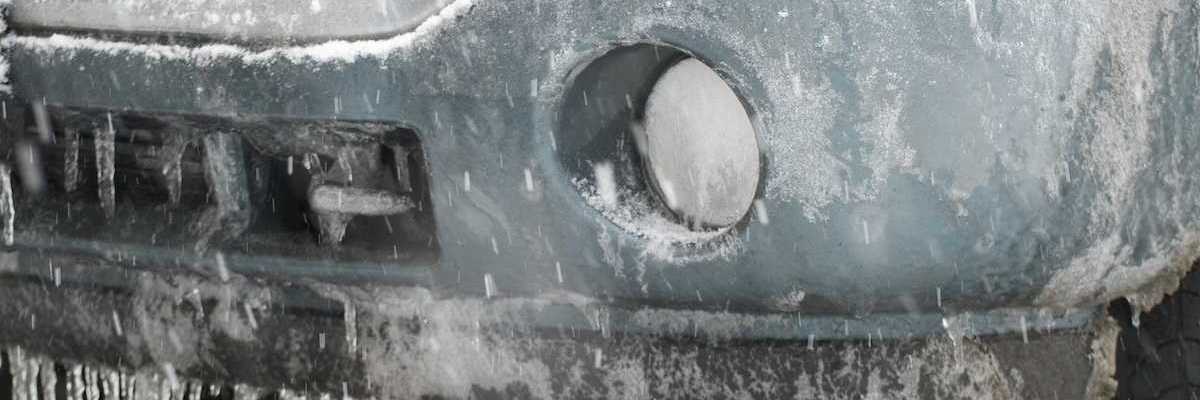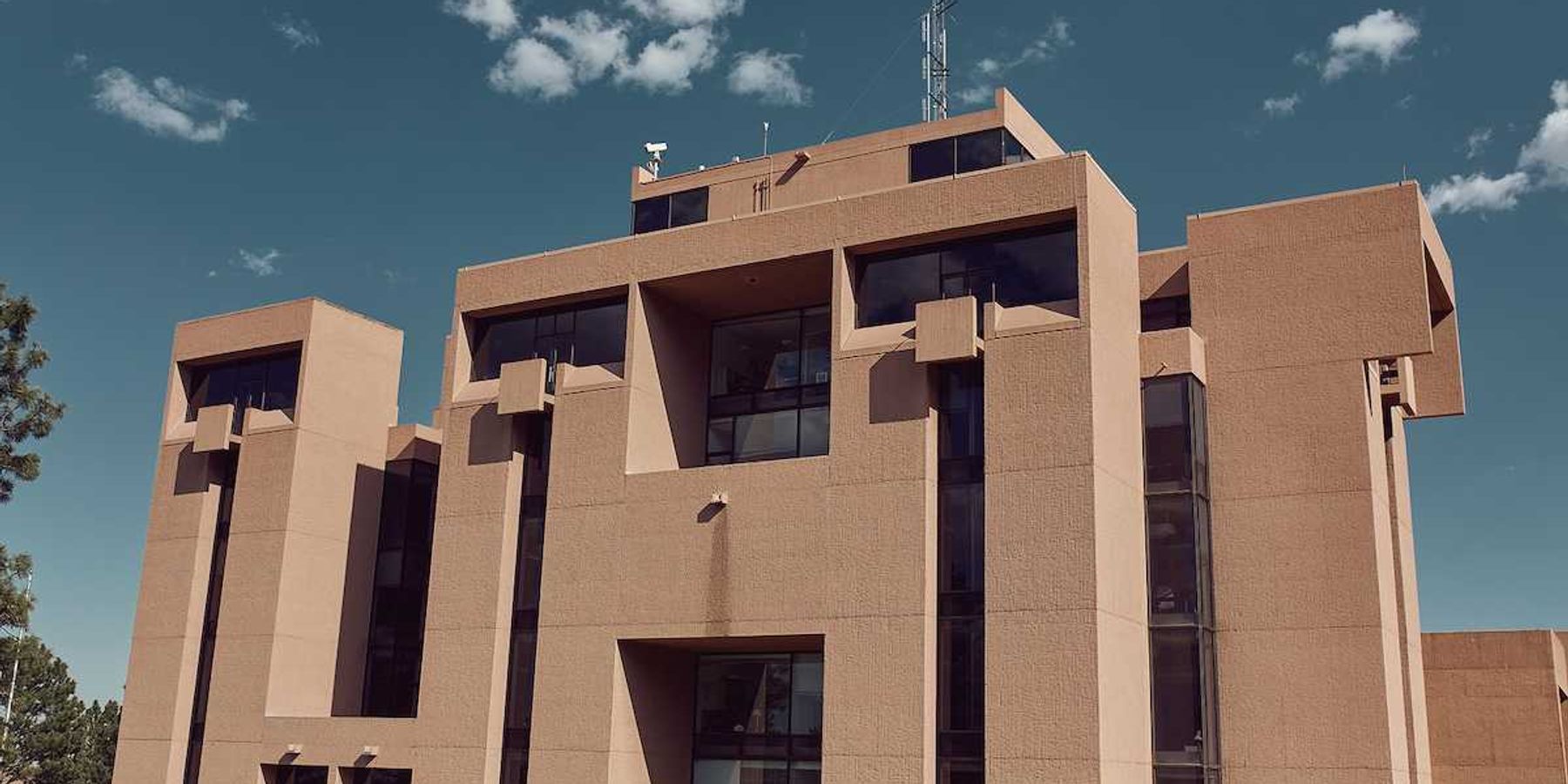disasters
Houston faces growing threats from hurricanes and heat waves, experts warn
As climate change drives more severe weather, Houston remains unprepared for the deadly combination of power outages and extreme heat following hurricanes.
By Niko Kommenda, Shannon Osaka and Simon Ducroquet report for The Washington Post.
In short:
- Tropical Storm Beryl left two-thirds of Houston homes without power, with some outages lasting over a week, compounding the heat-related risks.
- Experts predict future blackouts and heat waves will claim more lives as cities like Houston have aging power grids, vulnerable infrastructure and little preparation.
- Hospitals and critical services were overwhelmed as residents, especially those dependent on electricity for medical devices, struggled to survive.
Key quote:
“I think it’s an absolute certainty that we will have an extreme heat wave and an extended blackout in the United States.”
— Brian Stone, professor and director of the Urban Climate Lab at the Georgia Institute of Technology
Why this matters:
Houston’s vulnerability to hurricanes and heat waves is worsened by its aging infrastructure. As climate change intensifies, prolonged power outages during heat waves could turn deadly, with cities needing better preparation to protect their populations.
Related:
The world endured its hottest summer with devastating impacts
This summer was the hottest on record, with severe heat, storms and rising diseases affecting every continent.
In short:
- Global temperatures rose 1.5°C above preindustrial levels, driven by climate change and El Niño.
- Deadly heat waves, wildfires and extreme weather events, including a record-breaking hurricane, hit multiple regions.
- Antarctica experienced unprecedented heat, shrinking sea ice levels and puzzling scientists.
Key quote:
“Within five to 10 years ... what we’re experiencing right now will be looked back upon as a mild year. We are inevitably in for a rough ride.”
— Johan Rockström, director of Potsdam Institute for Climate Impact Research
Why this matters:
Rising temperatures lead to more extreme weather, threatening lives, ecosystems and economies. Without urgent action to cut greenhouse gases, the situation will worsen, impacting everyone globally.
Related:
Caribbean nations seek UN court’s help to escape climate disaster debt
Caribbean countries are turning to the International Court of Justice to clarify the financial responsibilities of major polluters for climate-related damages, hoping to break the cycle of debt caused by increasingly destructive hurricanes.
In short:
- Caribbean islands are pressing the ICJ to issue an opinion that could hold major polluting nations financially accountable for climate damage.
- The region faces escalating debts due to frequent, severe storms, with some countries attributing up to 40% of their debt to climate disasters.
- The ICJ’s decision could pave the way for debt relief and financial contributions from developed nations to assist in recovery efforts.
Key quote:
“As we can see, that has gotten very little traction and the results are minimal. The temperature rise continues. The effects of severe storms in our region continue.”
— Ryan Pinder, attorney general of the Bahamas
Why this matters:
Caribbean nations are on the front lines of climate change, with severe storms crippling their economies. Legal clarity on financial responsibility could shift the burden from vulnerable nations to those historically responsible for emissions.
For more: Growing debt payments hinder climate action in vulnerable countries
Scientists see some risks of catastrophic climate events as lower but still concerning
Recent studies suggest that some worst-case climate scenarios, like the collapse of the Thwaites Glacier in Antarctica, are less likely than previously thought, though other threats like the collapse of the AMOC remain serious concerns.
In short:
- The Thwaites Glacier, also known as the "Doomsday Glacier," is still melting, but its rapid collapse is less likely within this century.
- Greenland's ice sheet is melting faster than expected, but it may be more resilient if global temperatures are controlled.
- Scientists continue to study the Atlantic Meridional Overturning Circulation (AMOC), which could collapse by 2050, leading to significant climate disruptions.
Key quote:
"Unfortunately, Thwaites Glacier is still going to retreat and with it most of the West Antarctic ice sheet, but not as rapidly as one scenario suggested."
— Mathieu Morlighem, professor of earth sciences, Dartmouth University
Why this matters:
Rising sea levels, driven by ice sheet melt and ocean circulation changes, threaten coastal cities and could lead to widespread displacement and severe weather changes. These scenarios remain potential global challenges despite some recent optimism.
Southeast Asia leads in disaster preparedness despite vulnerability
A Gallup survey reveals that Southeast Asia, one of the most disaster-prone regions, is also among the best prepared to handle natural disasters.
In short:
- Southeast Asia has high disaster preparedness despite frequent exposure to natural hazards like earthquakes and typhoons.
- The region's success is linked to effective early-warning systems, community approaches, regional cooperation and access to disaster finance.
- Wealth is not the key factor in preparedness, as Southeast Asia, with lower-middle-income countries, surpasses wealthier regions.
Key quote:
Southeast Asia is "a region that clearly has much to teach the world in terms of preparing for disasters.”
— Ed Morrow, senior campaigns manager for Lloyd’s Register Foundation
Why this matters:
Southeast Asia’s effective disaster preparedness strategies could serve as a model for other regions. Learning from these practices could help save lives and reduce damage globally.
Related EHN coverage:
A fire-fueled political shift in Colorado drives sweeping new laws
Kyle Brown, now a state representative in Colorado, leveraged his experience with the 2021 Marshall Fire disaster to enact laws protecting fire victims, transforming state policy.
In short:
- The Marshall Fire in 2021 led the then-city councilmember in Louisville, Colorado, to enter the state legislature, where he collaborated with fire survivors to pass laws addressing insurance delays, mortgage problems and fire-safe rebuilding.
- Survivors, using organized advocacy, guided these bills, resulting in rapid legislative progress that helped fire victims rebuild.
- The laws passed will benefit future disaster victims across Colorado, potentially serving as a model for other states.
Key quote:
“We needed to accelerate the pace of recovery, so I just listened.”
— Kyle Brown, Colorado state representative
Why this matters:
The Marshall Fire recovery efforts show that organized community advocacy can drive significant legislative change. These new laws may set a precedent for disaster-prone regions nationwide.
Related EHN coverage:
Disaster preparedness starts with facing reality
Americans need to acknowledge the increasing risk of climate disasters and take proactive measures to prepare for them.
In short:
- Extreme weather events like tornadoes, hurricanes and wildfires are becoming more frequent and severe due to climate change, posing significant risks to communities across the United States.
- While infrastructure and forecasting have improved, many people still underestimate their vulnerability and fail to prepare adequately, risking their safety during disasters.
- Establishing a "culture of preparedness" that involves education and coordinated disaster response plans can help reduce the impact of these climate-related events.
Key quote:
“If we leave people behind, it’s a failure.”
— Abdul-Akeem Sadiq, professor of public policy at the University of Central Florida.
Why this matters:
With climate change intensifying natural disasters, the number of affected individuals will likely increase. Effective preparedness and response strategies can save lives, prevent property damage and enhance community resilience.









